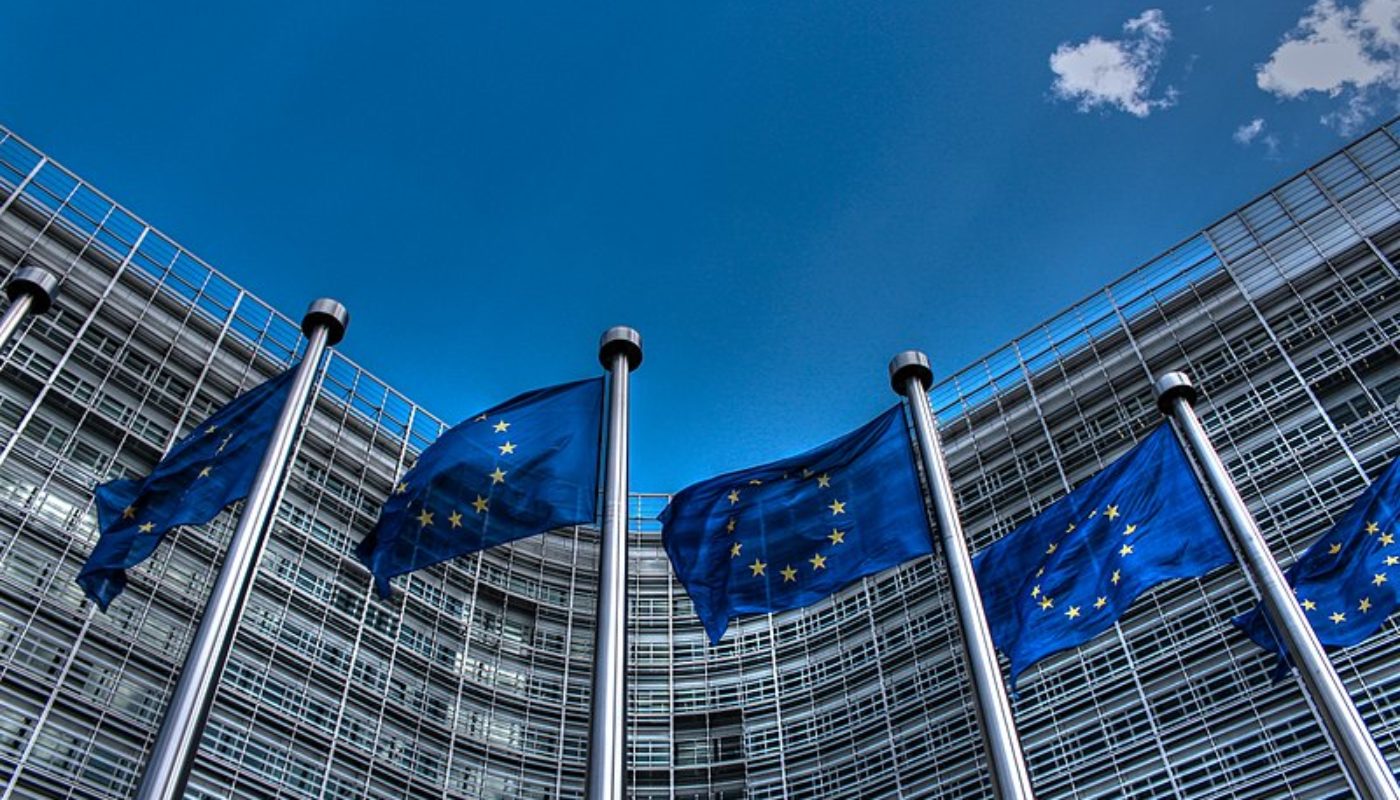During its December plenary meeting, the ERC Scientific Council decided on changes to the ERC’s application forms and evaluation procedures for the 2024 calls. The current CV and Track Record templates will be combined and simplified, and applicants will be able to add short narrative descriptions to explain the information provided. Applicants will also be invited to explain career breaks or unconventional career paths and to describe exceptional contributions to the research community. One effect of these changes is that the Profiles of the ERC Principal Investigators, which appeared in previous Work Programmes, will no longer be necessary. The Scientific Council has furthermore decided to explicitly weigh the project proposal more than the past achievements of the applicant during the evaluation. Full details will be found in the ERC Work Programme 2024 and the associated guidance documents.
The Scientific Council recognises that maintaining the quality of the ERC’s evaluation is critical to its success and has always been prepared to adapt and update the ERC’s specific processes and procedures as necessary. Proposals will continue to be evaluated by peer review panels composed of leading scientists and scholars using the sole criterion of scientific excellence.
In a related development, the Scientific Council also decided to sign the Agreement on Reforming Research Assessment published in July this year.

